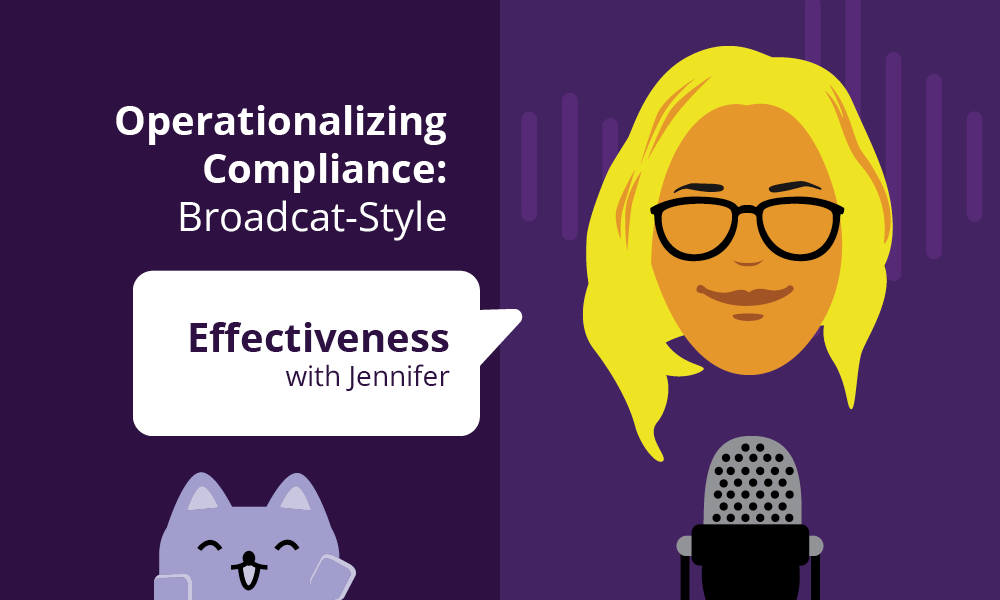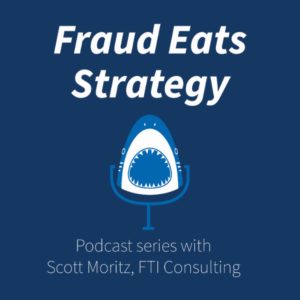We also lost someone Monday who was a cultural phenomenon for many decades, Olivia Newton-John, the beautiful Australian singer who burst on the US scene in 1974. She is probably best known as the heartthrob Sandy in the movie version of Grease where she put the singer’s chaste image behind her. According to her New York Times (NYT) obituary, “her character, Sandy, transformed from a pigtailed square smitten with John Travolta’s bad-boy Danny to a gum-smacking bad girl. “Grease” became one of the highest grossing movie musicals ever, besting even “The Sound of Music.” Its soundtrack was the second best-selling album of the year, beaten only by the soundtrack for “Saturday Night Fever,” which also starred Mr. Travolta.” If you can watch Grease without singing along, you are probably dead.
For my personal tribute I will quote a Facebook post from my friend Bill Dyer who I have known since 1976 when he was my RA at the University of Texas. Dyer penned the following, “In the summer of 1974, before my senior year at Lamesa High School, I was a full-time DJ at KPET-AM. Olivia Newton-John’s “If You Love Me, Let Me Know” album had come out in May, and we had a promotional copy at the station…The single I was *supposed* to play from this album was the country & western(ish) title song, “If You Love Me, Let Me Know” — consistent with our station’s C&W format. But the track that I personally preferred from the album was this song, I Honestly Love You. The programming director gave me grief about it, and I did indeed also play “If You Love Me, Let Me Know.” But this was THE heart-throb song of the summer. And yeah: It still gets me. Requiescat in pace, Olivia Newton-John. You were jaw-droppingly talented and lovely, and your music will continue to summon forth some of my most vivid memories of my young adulthood.”
We are currently exploring 10 Principles of Effective Organizations, by Michael O’Malley. The author identified 10 research-backed principles from the field of organization development to guide companies and I have adapted them for the compliance professional. Yesterday in Part 1, we took up his first five, focusing on the Chief Compliance Officer (CCO), and today we conclude with his final five, focusing on operationalizing your compliance program.
Diversify your workforce — and create an inclusive environment
Every CCO should be modeling diversity, but the author makes clear the benefits of diversity, noting “Complex tasks require a diverse mix of viewpoints and abilities to satisfactorily complete.” For compliance this need will only grow with the need for a diversity of subject matter expertise (SME) in a corporate compliance function, including compliance, legal, behavioral psychology and behavioral organization, data scientist and a host of others.
Compliance functions in 2025 and beyond will “require large numbers of different agents to enhance system reliability and resilience.” In addition to the diverse workforce and discipline need for any compliance program, you should consider diversity of citizenship so that not all your compliance talent is from the domicile from your home country. You should also consider bringing other corporate disciplines into your compliance function on a rotating basis such as sales leaders, senior executives and Human Resource (HR) functionaries as well.
Promote personal growth
Almost stating table stakes in the 2022 corporate world, the author states, “An effective talent management program is one in which a company has a large pool of able, external job candidates, sufficient competent coverage of existing positions, succession plans throughout the organization, and a panoply of support programs: career counseling and development, career planning workshops and vocational assessments, mentoring and coaching programs, and in-house training and educational assistance to augment employees’ career objectives.”
Now take this base line and overlay what the Department of Justice (DOJ) has told us over the years. In theFCPA Corporate Enforcement Policy it states, “The quality and experience of the personnel involved in compliance, such that they can understand and identify the transactions and activities that pose a potential risk;”. This means not simply hiring competent compliance department personnel but also that they continue to grow within the compliance profession by going to conferences and growing professionally in other ways (such as reading blogs and listening to podcasts).
Empower people
While many CEO-types believe “the practice of empowerment in organizations is often like a parent handing the keys of a high-performance vehicle to their teenager and hoping, day after day, that the car will return intact.” CCOs and other compliance professionals recognize that empowering not simply your compliance team but indeed your employee base to ‘do compliance’ is a key manner to operationalize your compliance program to make it effective.
Always remember that as a CCO or compliance professional, your customers are your employees, and this can extend to other stakeholders such as key third-party partners. Empower these groups to do compliance and they can become not simply your good friends but also will allow you to move from a detect mode to a prevent mode. This also ties into having a true speak up culture in an organization.
Reward high performers
Here the author focuses on based pay for performance plans for employees. He believes that rewarding high performers can “increase job satisfaction and motivate action and, when appropriately structured, are instrumental in producing environments in which the best help the rest. Indeed, it is common in teams that the top members will lift the performances of good, but less capable, members.”
Yet when you consider rewarding your employee base for doing business ethically and in compliance you should consider the same benefits as a part of your compliance program. The DOJ has long recognized this as far back as the original edition of the FCPA Resource Guide which continues to state in the 2nd edition, “DOJ and SEC recognize that positive incentives can also drive compliant behavior. The incentives can take many forms such as personnel evaluations and promotions, rewards for improving and developing a company’s compliance program, and rewards for ethics and compliance leadership.” So, reward your high performers for doing business ethically within your company’s values in addition to your compliance function personnel who do great work.
Foster a Leadership Culture
Even in 2022, ethics and compliance all starts at the top. The author correctly notes, “Everyone who has worked in an organization knows the affective power of leadership and its effects on culture, both good and bad.” Appropriate tone at the top and a compliance program and function to back up “supportive, inclusive management practices that provide assurances of safety allow people to take reasonable risks, make mistakes, speak up and challenge the status quo, and ask for help and request resources to make improvements” will help your organization going forward.
Senior management who create safe environments encourage “employees to more openly and beneficially interact, learn and grow, display greater creativity, and think of themselves as potent and efficacious actors will reap those benefits. Despite the known value of leadership, organizations frequently show little genuine interest in the quality of leadership by foregoing meaningful assessments and by being far too accommodating of managerial miscreants who may be productive but are toxic to the organization’s culture.”
The author concludes, “Fulfilling these 10 principles is a tall order.” Nonetheless, any CCO who puts these into practice will have a compliance function that should be resilient and able to respond to market or regulatory changes when needed and does business ethically and in compliance through a fully operationalized compliance regime.
Tom’s Top 5 Olivia Newton-John Playlist (all from YouTube)
I Honestly Love You
You’re the One I Want
Summer Nights
Xanadu
Let Me Be There






